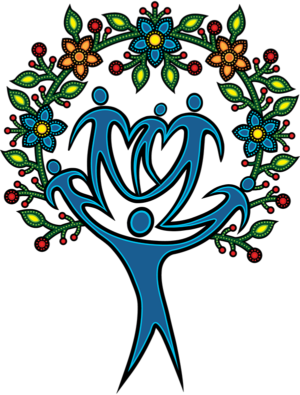“Supporting young people in exploring gender and navigating difference is an essential part of preparing them for an increasingly complex, global, interconnected society and workforce.”
MENTOR has recently released a new guide: “Conversations about Masculinity: How Mentors Can Support Young Men of Color” What do healthy expressions of manhood or masculinity mean to you? What did you think about the resource? — let us know in the comment section below.
If you are mentoring a young man or work with young men, I think you will find great value in this resource. The content of this guide can be used to support conversations between mentors and youth of all backgrounds including women and girls who are deeply impacted by masculinity and often serve as mentors and allies to boys and men. Peers, whether young people or mentors, can also leverage this content to engage in dialogue with each other. The focus of the resource is geared towards adolescent boys and young men aged 10-24, but gives particular attention to high school aged youth (aged 14-18).

At a minimum, I encourage you to print out this
“Exploration of masculinity requires a rejection of artificial separation from and marginalization of femininity and the development of
a critical consciousness of self, others, and society. This guide draws from positive youth development and encourages inclusive andyouth-centered approaches that are asset-based, creating a safe space that celebrates and supports all forms of diversity including but not limited to young men ofcolor , young women ofcolor , and LGBTQQ youth.”
As with all MENTOR resources this one delivers what is promised. I found it to be very thoughtful, provocative, inclusive, and am still mulling over many of the considerations it outlined two weeks later. It is a very effective summation of many best practices in one easily accessible guide. For those of you looking to dive deeper, I also found the comprehensive appendix, which lists many other resources to be very helpful and accessible.
Conversations about Masculinity can be very difficult and challenging, but they are necessary. Our mentees watch the same news and see the same headlines that we do, and are formulating their own thoughts about the #metoo movement, changing gender roles, and wrestling with their own sense of identity.
On a practical level, I appreciated the suggestions on how to incorporate these conversations into group mentoring programs. I liked the suggestions for how mentors and mentees in a small group could explore some of these questions further with their peers. Just as we are seeing more conversations led by adult men (such as WOLF PACK or MENS SHED), young men are defining and redefining their own expressions of masculinity and definitions of manhood. There is so much potential in deliberate, evidence-based small group mentoring programs. Similarly, for teen girls, AMP has helped develop resources to establish girls group mentoring programs for girls aged 11-14 (Check out mentoringgirls.ca) and sometimes a peer to peer conversation with a mentor can really help navigate these difficult topics.
As far as feedback or room for improvement, I would have liked to see a greater focus on strategies to recruit male mentors. I realize that this was not the focus of the document, but we need to ensure that we are mindful of what messages about the performance of masculinity we are reproducing in our recruitment messages. Are we reproducing outdated tropes? Are we inadvertently disqualifying certain men or types of men from becoming mentors? We want to be mindful at all stages of the mentoring journey, from recruitment through screening, training and closure, of the important questions this document has provoked.
If you are interested in exploring these questions further, I encourage you to join our More Males Mentoring Task Force. Reach out and let us know how we can better support you in your mentoring practice.
In closing, congratulations to MENTOR and fantastic work again on another great resource.
The AMP Team
mentor.support@albertamentors.ca
